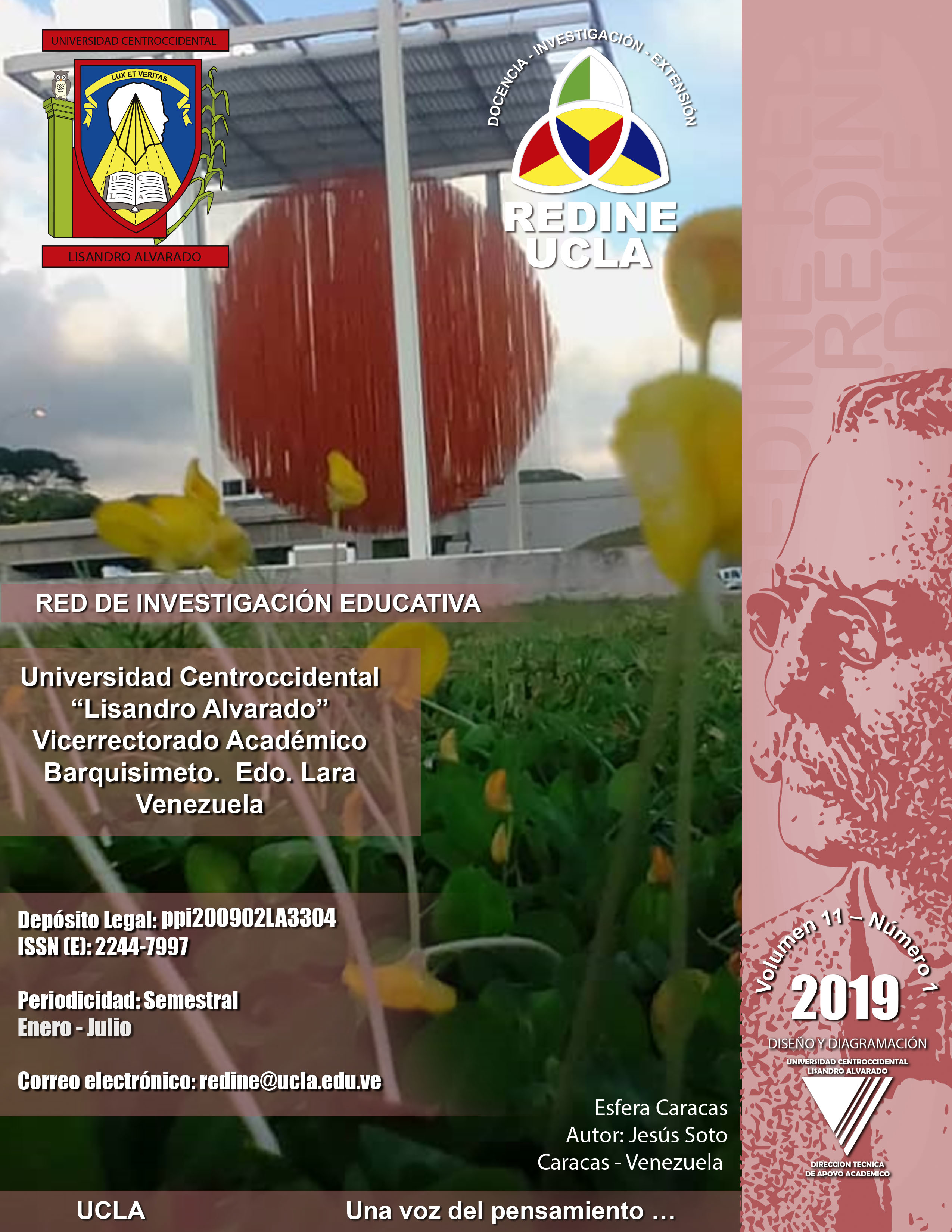virtual metaphorical classrooms as tools to promote learning in university students
Abstract
The constant transformations that education has undergone have contributed to the emergence of different educational models to adapt learning environments centered on the learner and the teacher goes on to play a role of accompaniment, facilitator and mediator of experiences. Innovative environments are generated, taking advantage of technological advances promoting the virtual teaching modality, which stimulates students and promotes collaborative, decentralized and plural learning. The present work is based on the positivist paradigm with a quantitative approach, framed in the special project modality, supported by a descriptive field research. Its main objective was to design a metaphorical virtual classroom as a support to promote the learning of Algorithmic and Programming in the students of the National Computer Training Program of the Territorial Polytechnic University of Lara State "Andrés Eloy Blanco". For the purposes of this article, the virtual classroom design cycle is presented in the Moodle platform, following the instructional design methodology that includes the stages of Presence, Scope, Training, Interaction and Elearning. The results confirm that metaphorical virtual classrooms are an alternative to complement classroom classes and it is recommended to activate the awareness and promotion plan for the use of these training spaces.
Downloads
Published
How to Cite
Issue
Section
Derechos del/de autor/es a partir del año de publicación
Esta obra está bajo la licencia:
Creative Commons Reconocimiento-NoComercial-CompartirIgual 4.0 Internacional (CC BY-NC-SA 4.0)
Las opiniones expresadas por los autores no necesariamente reflejan la postura del editor de la publicación ni de la UCLA. Se autoriza la reproducción total o parcial de los textos aquí publicados, siempre y cuando se cite la fuente completa y la dirección electrónica de esta revista. Los autores(as) tienen el derecho de utilizar sus artículos para cualquier propósito siempre y cuando se realice sin fines de lucro. Los autores(as) pueden publicar en internet o cualquier otro medio la versión final aprobada de su trabajo, luego que esta ha sido publicada en esta revista.




